Robert MacIntyre’s journey from a heartbroken 19-year-old golfer to a seasoned professional preparing for his third appearance at The Masters is a story of resilience, adaptability, and unwavering competitiveness. In 2016, when he lost the British Amateur Championship final, MacIntyre was devastated. “I remember pretty much crying the whole way home,” he recalled, “because I thought I’m never going to get to play The Masters, never going to get to play the US Open or The Open in my life.” Fast forward to 2025, and the now 28-year-old is not only playing at Augusta but also reflecting on his growth as a player and a person.
MacIntyre’s competitive nature has been a driving force throughout his career. “If I got beat at something when I was younger, I’d be crying. You wouldn’t believe how competitive I am,” he said with a grin. “If I play a game of pool or a game of darts now, I’m not playing for the fun of it. That’s not me. I’m playing to win.” This fierce competitiveness has propelled him to the top of his sport, but it has also required him to navigate the challenges of being in the public eye.
Growing up in the small Scottish town of Oban, MacIntyre was far from the bright lights of the American sports world. With a population of just 8,140, Oban provided a stark contrast to the bustling environment of the PGA Tour. “I’m a shy guy,” he explained. “I’m the complete opposite to the Americans.” In 2024, he admitted that he found it difficult to settle in the US; he was homesick and missed the familiarity of Scotland. “I get treated as Bob, the boy that’s grown up in Oban. I don’t get treated as Robert MacIntyre, the golfer on the PGA Tour,” he said. This sense of anonymity was something he cherished, and it motivated him to take a break and return home.
His time in Scotland was transformative. Within a few months of his return, he had won twice on the PGA Tour. MacIntyre attributes this success to his ability to separate his on-course persona from his off-course self. “I think I’ve got two personalities,” he explained. “On the golf course, I’m very serious. Off the golf course, I’m very chilled out, easygoing, I love a laugh.” This duality has helped him manage the pressures of professional golf and maintain a balanced approach to his career.
MacIntyre has learned to experience the American golf scene in small doses, “dipping in and dipping out” of the tour. “I come out here and it’s, ‘Lights, camera, action,’ everywhere, people shouting silly things. I accept that when I’m out here,” he said. “I think I’ve just worked out that the things that annoy me are going to annoy me for the rest of my life in America, and the things that I enjoy, I’m going to enjoy for the rest of my life in America.” This acceptance has allowed him to focus on his game and his goals, rather than being distracted by the noise around him.
One of the most significant challenges MacIntyre has faced is the transition from golf as a hobby to golf as a profession. He has had to consciously find ways to fall back in love with the game, while also remaining vigilant about his public image. “The eyeballs are always on you,” he cautioned. “There’s always someone with a camera to try and catch you out. They’re just looking for that next story. And for me, it’s about not being that next story.”
In June 2024, MacIntyre’s breakout win at the Canadian Open was a momentous occasion. At short notice, he needed a caddie, so he called up his dad, Dougie, a greenskeeper in Scotland. A few days later, they were celebrating the biggest win of his career together. “I’m crying with joy, but I’m laughing because I didn’t think this was possible,” MacIntyre said at the time. “This is the guy who has taught me the game of golf and I just can’t believe I have done this with him on the bag.” Six weeks later, he was back on more familiar territory, winning the Scottish Open at Loch Lomond and becoming the first Scottish golfer to win two PGA Tour events in the same season since Sandy Lyle in 1988.
MacIntyre’s success has not gone unnoticed. He has long been inspired by the achievements of Sandy Lyle, who became the Masters champion in 1988. MacIntyre hopes to follow in Lyle’s footsteps and win the green jacket at Augusta. “That’s the plan,” he beamed. “It’s one of my dreams. I met (Sandy) for the first time in 2021, lovely guy. I speak to him quite a bit on message and he’s given me a few tips on Augusta. My dream is to win the green jacket, and I think the course sets up reasonably nicely for me.”
Like many golfers, MacIntyre is captivated by the allure of Augusta National. “It’s not just one thing, it’s everything about it,” he explained. “When you watch on TV, you see the beautiful flowers, it’s just the most perfect setting for a golf course in the world.” His desire to become the best golfer in the world is evident, and he knows that he must always be ready to seize his opportunities. “One chance, that’s all I ask for, just one chance at a major championship and then, hopefully, it can fall my way.”
As MacIntyre prepares for his third appearance at The Masters, he carries with him the lessons he has learned along the way. Golf, for him, is a process, and as long as he continues to achieve his smaller goals, he believes the larger trophies will follow. The small-town boy from Oban is making his mark on the game’s biggest stage, proving that with determination, adaptability, and a fierce competitive spirit, anything is possible.
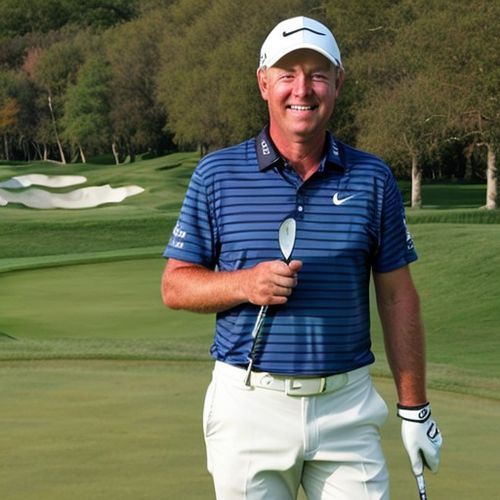
By Sarah Davis/Apr 9, 2025
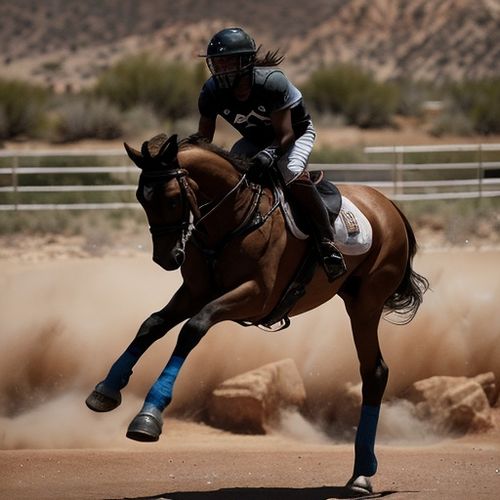
By Amanda Phillips/Apr 9, 2025
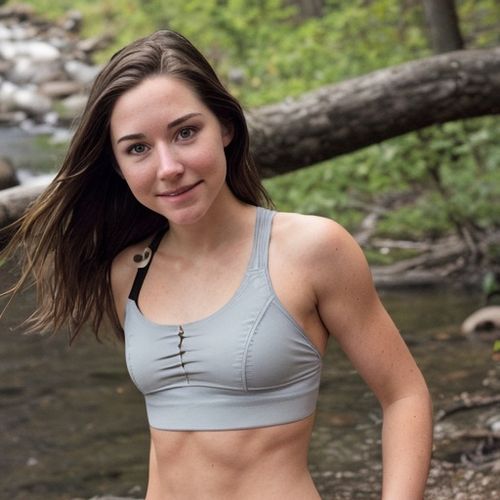
By Daniel Scott/Apr 9, 2025
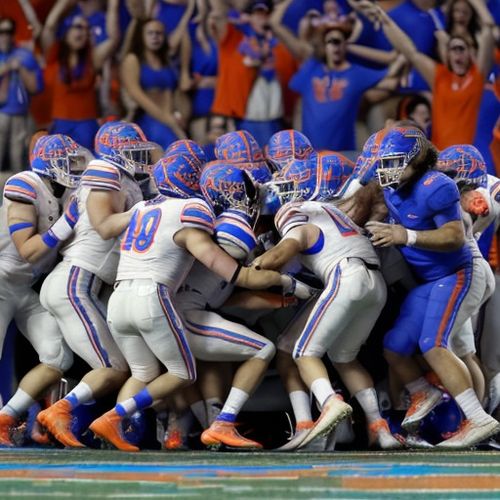
By Victoria Gonzalez/Apr 9, 2025

By George Bailey/Apr 9, 2025
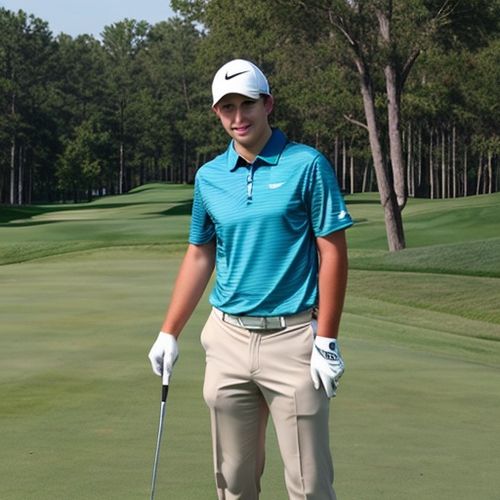
By Grace Cox/Apr 9, 2025
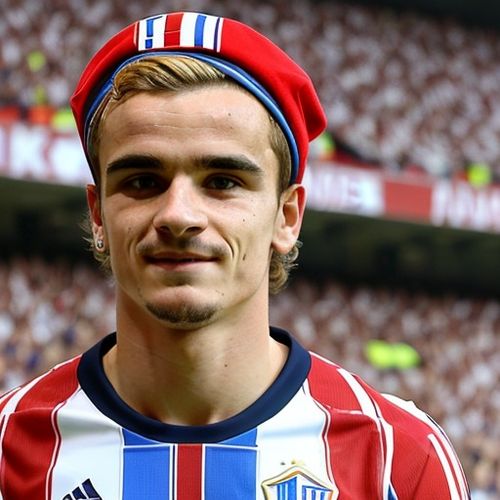
By Jessica Lee/Apr 9, 2025
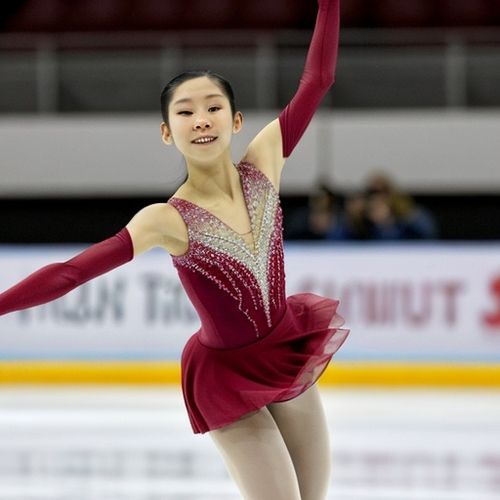
By William Miller/Apr 9, 2025
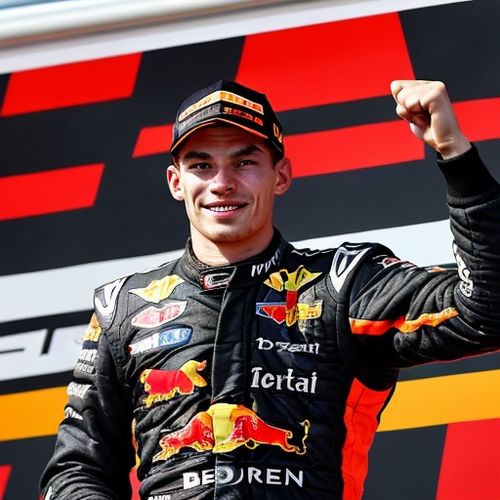
By Daniel Scott/Apr 9, 2025
By Rebecca Stewart/Dec 22, 2024
By Daniel Scott/Dec 22, 2024
By Sarah Davis/Dec 22, 2024
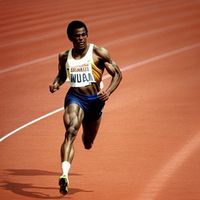
By Michael Brown/Dec 22, 2024